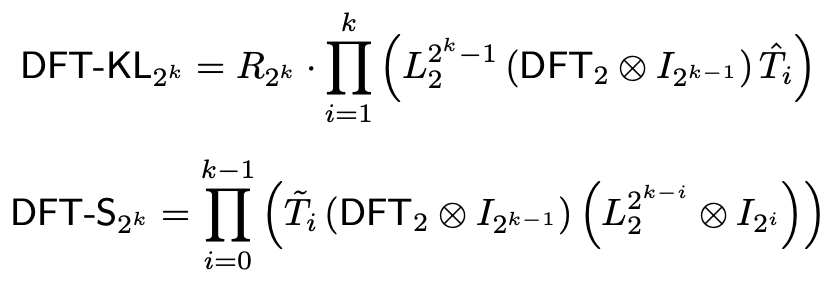
Comparative Analysis of the Vectorized Korn-Lambiotte and Stockham Fast Fourier Transforms: An Abstract Vector Machine Implementation
2024 · 2024 Competition
Category: Research
Project Overview
One Liner: Design efficient vectorized Stockham and Korn-Lambiotte FFTs for large vector length machines, implement them on an abstract vector machine, and compare their performance based on memory operations and vector arithmetic operations.
The Fast Fourier Transform (FFT) is a fundamental algorithm in computer science, enabling efficient computation of the Discrete Fourier Transform (DFT). Optimizing FFT performance is crucial for high-efficiency computing in applications like signal processing and homomorphic encryption. Our study focuses on designing and implementing vectorized FFT algorithms for large vector-length machines. We derive the vectorized formulas for the Stockham and Korn-Lambiotte FFTs from the iterative Cooley-Tukey, and compare their performance against each other based on memory and vector arithmetic operations to identify the most efficient approach for modern computational architectures.
Video available at this link.
Screenshots
0 image(s)No screenshots uploaded yet.